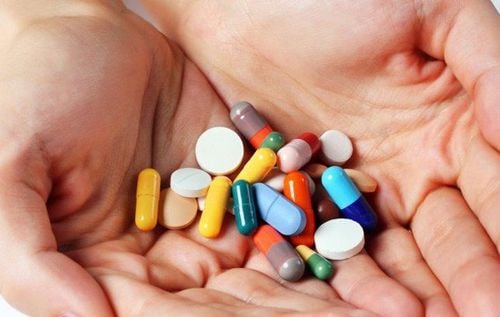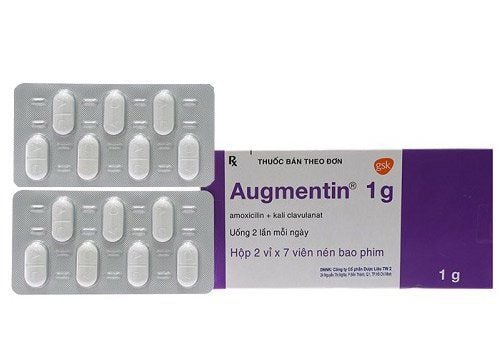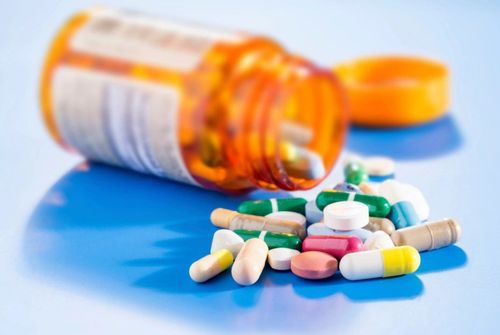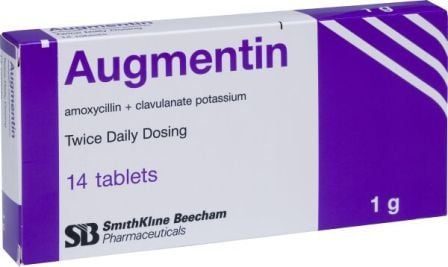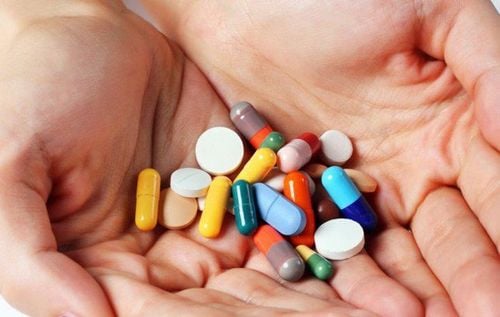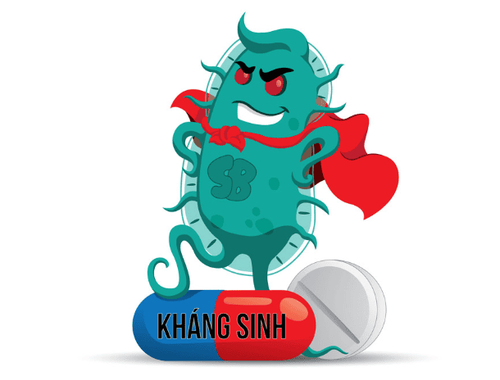The development of antibiotics is one of the great discoveries of modern medicine. Antibiotics help fight bacteria and can cure life-threatening infections such as pneumonia that previously had no effective treatment. However, the improper use of antibiotics means that more and more bacteria are becoming resistant to these drugs. So how many days should you take antibiotics to limit the phenomenon of antibiotic resistance?
1. Why should we use antibiotics properly?
In medicine, bacteria are said to be resistant to drugs if they can survive exposure to special external influences. For example, most bacteria that enter the stomach with food will be destroyed by stomach acid (gastric juice), but some bacteria are covered by a layer of mucus to protect them from acid, these bacteria are able to resist gastric acid.
Resistance to antibiotics follows a similar principle: Bacteria have acquired a new property that helps protect them from antibiotics. For example, some bacteria can produce a substance that makes some antibiotics ineffective against them. The phenomenon of bacteria being able to protect themselves from many different antibiotics is called "multidrug resistance".
Improper use of antibiotics is a favorable condition for bacteria to become resistant to drugs.
Streptococcus and Staphylococcus strains are often resistant to antibiotics. For example, “methicillin-resistant Staphylococcus aureus” (MRSA). Staphylococci can be found on the skin and mucous membranes and can cause infections (if they get into an open wound). Resistant strains have now developed in other types of bacteria such as Escherichia coli, Klebsiella and pseudomonads.
2. Use of antibiotics in developed countries
In Germany, antibiotics are only used when prescribed by a doctor. This means that doctors are first and foremost responsible for the use of antibiotics. First, the doctor must determine whether the patient actually has a bacterial infection.
If an infection occurs, it is important that antibiotics are prescribed in the correct dose and for the correct duration, choosing the right antibiotic and using it for the correct duration will help fight the bacteria most effectively.
Antibiotics are also used in veterinary medicine and agriculture, and veterinarians must follow the rules for proper antibiotic handling.
Incorrect use of antibiotics creates conditions for drug-resistant bacteria
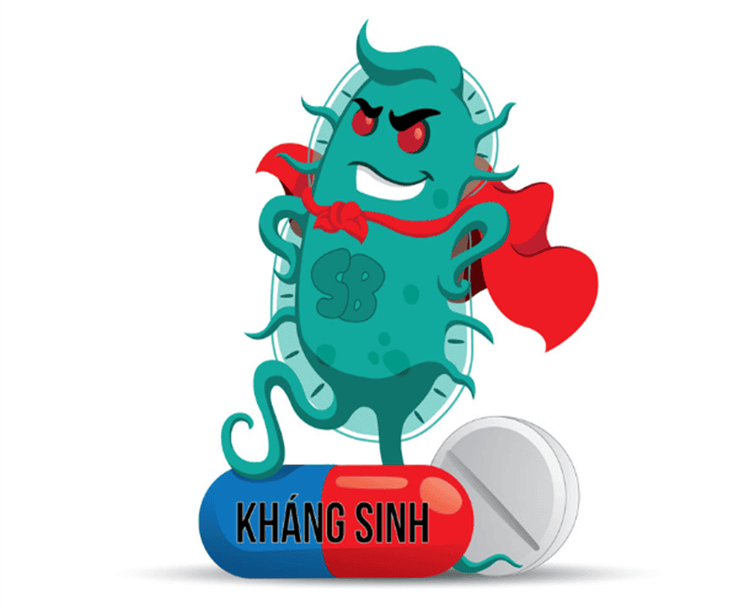
3. How many days should antibiotics be taken?
How many days should antibiotics be taken, is it necessary to take antibiotics for 5 days, is it okay to take antibiotics for 3 days are questions that many patients and their families wonder about when they are prescribed antibiotics. In fact, antibiotics start to work immediately after the patient takes the medicine. However, the patient may not feel better for the first 2 to 3 days because the effect of the medicine also depends on the type of infection the patient is treating.
Most antibiotics should be taken for 7 - 14 days. In some cases, shorter treatments (for example, taking antibiotics for 5 days) also give full effect. The doctor will be the one to decide the best treatment time and the correct type of antibiotic for the patient.
Although most people feel better after a few days of treatment, it is best to complete the entire antibiotic regimen to completely clear the infection, which can help prevent antibiotic resistance. Therefore, do not stop taking antibiotics early without your doctor's approval.
Take full course of antibiotics as prescribed by your doctor

4. Notes when using antibiotics
To ensure effective treatment and avoid antibiotic resistance, patients need to note the following:
Antibiotics must be prescribed by a doctor. When the symptoms of the disease subside, it does not mean that all bacteria have been destroyed, the remaining bacteria can cause the disease to flare up again, so it is extremely important to use antibiotics for the full number of days.
Do not throw away antibiotics by pouring them down the drain or flushing them down the toilet, which can harm the environment and contribute to bacterial resistance.
Antibiotics are usually taken with water or juice. Dairy products (including milk as well as butter, yogurt and cheese) or alcohol can affect the drug absorption, so patients may need to wait up to 3 hours before eating or drinking any dairy products. Grapefruit juice and supplements containing minerals such as calcium can also reduce the effectiveness of antibiotics.
Some antibiotics need to be taken at the same time each day, others before, with, or after meals. For example, if a patient is prescribed a medication three times a day, the medication should be taken at set times so that the effects are spread evenly throughout the treatment (typical times are 6am, 2pm, and 10pm for an antibiotic that needs to be taken every 8 hours).
Antibiotics can interact with other medications such as some blood thinners and antacids.
Some antibiotics can make birth control pills less effective.
Antibiotics are effective in treating infections, but antibiotics can also be a “double-edged sword” if not used properly. Therefore, to ensure safety, patients should take medication according to the instructions of their doctor or pharmacist, avoiding overuse or indiscriminate use of antibiotics that can cause antibiotic resistance.
Please dial HOTLINE for more information or register for an appointment HERE. Download MyVinmec app to make appointments faster and to manage your bookings easily.
References: healthline.com, ncbi.nlm.nih.gov, medicinenet.com, cdc.gov




